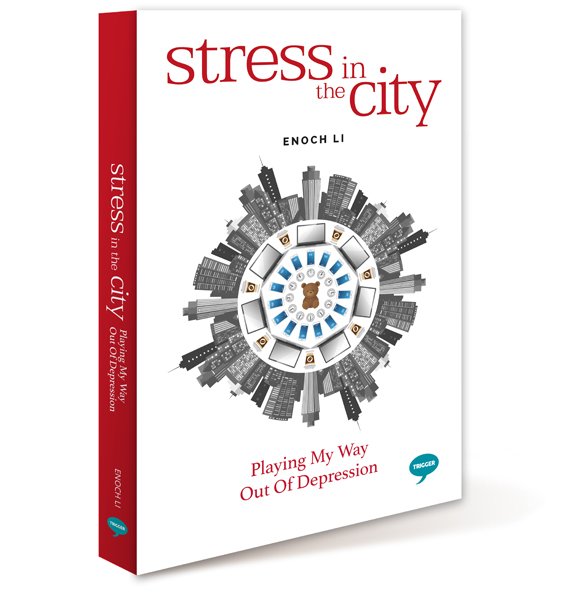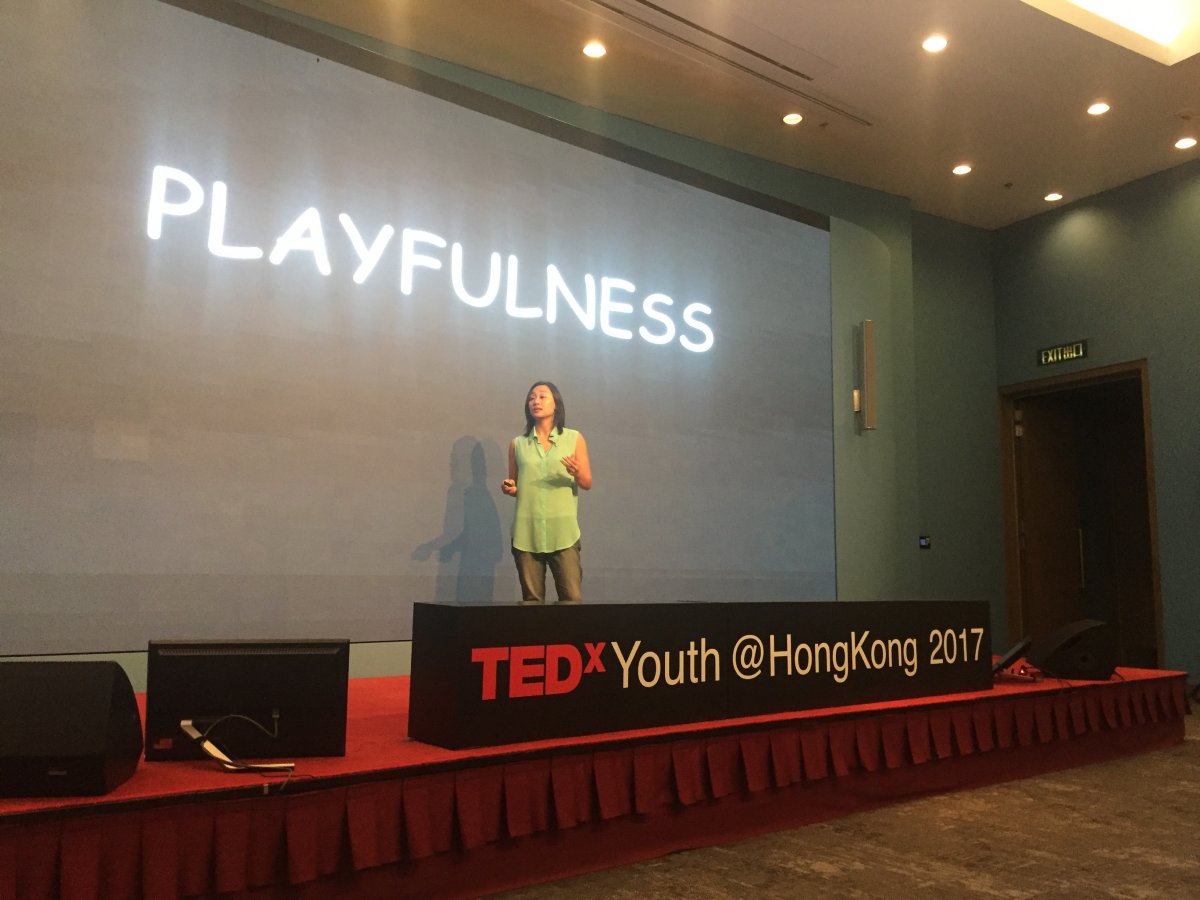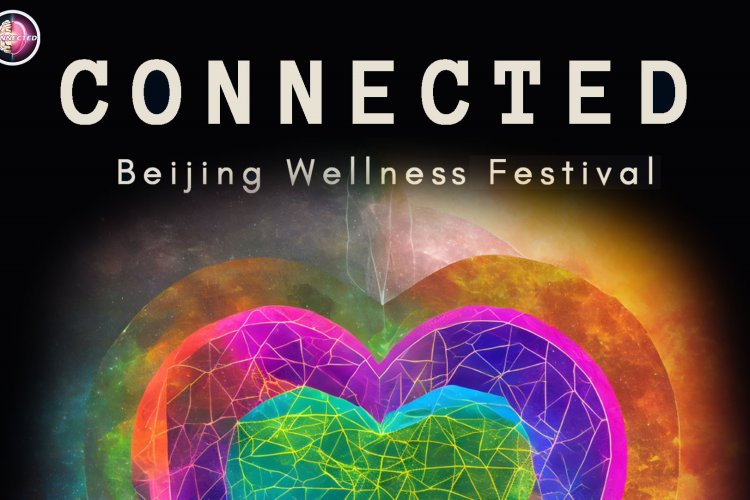Beijing Self Help Author Dishes on Depression and Triumph Ahead of Aug 6 Book Release
We’ve all been taunted by them, even though that may not, of course, be their intention. Yes, when those so-called “friends” post yet another glamorous photo on Instagram, or boast about yet another milestone via a Facebook status, we should feel happy for them. But sadly far too many people feel themselves falling short, or find themselves caught up in a race to keep up appearances with every furtive glance at their device’s screen.
This is just one of the many mental health burdens that Enoch Li has been writing about or discussing at her seminars and workshops in recent years. And while social media may be accelerating such spirals of despair, the Beijing-based author and wellness guru says those issues aren’t anything new. Growing up in the breakneck pace of Hong Kong and then delving in the even more breathlessly competitive corporate world, Li found herself attaining goals beyond her wildest dreams, only to find those successes brought on anxiety instead of satisfaction. She says social media can compound those issues, especially for “overachievers who feel a need to look perfect, to come across as a good mother and good executive, someone who is well traveled and has an exciting social life. It makes people more depressed and anxious. The pace of all this can be exacerbated for those of us who live in the city.”

These all serve as major themes in her new book Stress In the City (out Aug 6, which you can read more about here). In the book, Li details her own trials with depression, using her experiences as a springboard for exploring stress and burnout in workplaces and fast-paced societies that are super competitive. “So it covers, for instance, my upbringing in Hong Kong, which illustrates how tiger mothers and competitive education systems contributed to overachieving perfectionist mindsets that are extremely prevalent in big cities and amongst executives. And that then leads us, in part, to why we kill ourselves overwork, literally and figuratively,” Li says.
Li says another, all too frequently overlooked facet of the issue is how many of us create pressure and stress for ourselves, as we struggle to keep up with the Joneses in this age of ubiquitous touched-up selfie posting. Through her work, she also tackles other of-the-moment mental health hurdles like the triggers that abound online, and the stigmas linger among those who flock to the comments section.
Take, for instance, the high-profile case of a young Chinese woman who leaped to her death as onlookers egged her on. After reading about this one particularly tragic story, Li was dismayed to see “my social media feed filled with comments like ‘Why didn't she seek help?’ or “What can we do so that this doesn't happen again?’”
That’s because, in Li’s view, “someone who is battling suicidal thoughts sees those kinds of comments and then they recoil, they feel all the more criticized and ashamed. It’s not helpful for people who are experiencing it.”

Then there’s the matter of celebrity suicides and the reactions they elicit, which Li is of two minds about. “It’s great, on the one hand, that more people are talking about this and that there’s more awareness,” she says, before quickly pointing out that some comments can be unintentionally damaging. Prime example: Anthony Bourdain. “When he took his life, there were so many comments about how ‘he had everything going for him,’” Li says.
“I don’t like how people criticize the act of suicide. We shouldn’t judge, it lacks empathy,” she says, adding that she’d rather instead, “see people ask ‘How could we have helped?’”
Li’s husband, Tim Coghlan, seconds that notion, before lamenting how celebrity deaths prompt people to post on social media about how “they were affected by or admired that famous person. Which I think is sweet and sincere, but you’re still thinking of yourself. If people instead share a suicide hotline number while also making those kinds of posts, then at least that would actually give people more help, instead of just sharing a headline.”

Li covers many such facets of mental health both in her book and on her widely read blog, NochNoch.com. Since she began blogging about her struggles in 2010, and having gained an enthused following, Li has gone on to put on a TEDx Talk and launch a workshop service called Bearapy (which you can read more about at bearapy.me), where she offers mental health-themed workshops at workplaces contending with high stress.
While that work is rewarding, it can sometimes leave her drained because it is littered with reminders of her battle with depression. Nevertheless, she says, “I still feel it’s very much worth doing,” with people often approaching or writing to her to say “how much it has helped them, or helped them help a friend. They tell me I've written out the feelings they couldn't express themselves. And that makes me feel so touched and reassured.”
For more information about Li’s forthcoming Stress in the City book click here. Information about her mental health workshops can be found here.
More stories by this author here.
Email: kylemullin@truerun.com
Twitter: @MulKyle
Instagram: mullin.kyle
Photos: WHO World Health Day, TEDx, courtesy of Enoch Li







